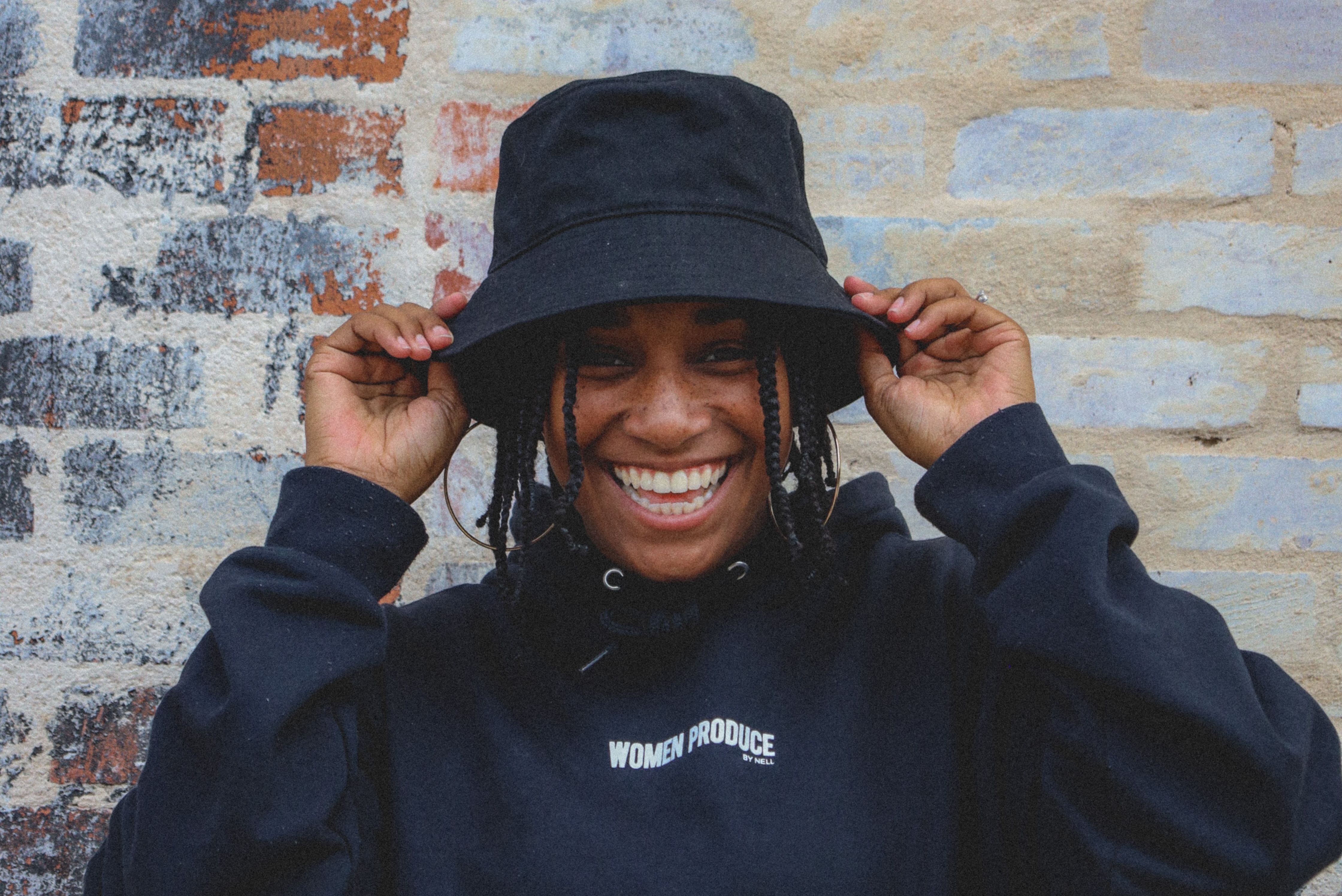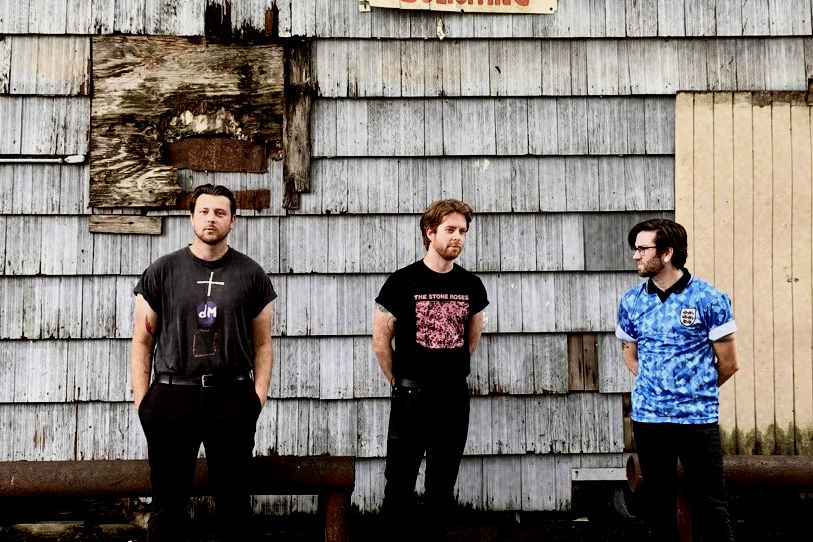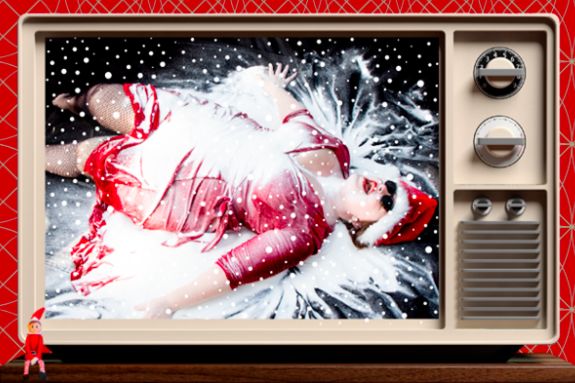John Allen Stephens Trades the Studio for Stage
John Allen Stephens can tell you plenty about music and production. The Houston-born artist started his impressive career at only 16 and has stayed close to his Houston roots ever since. Known for his miscellany of melodies and electronic tones, Stephens has done everything from commercial work for PBS and The Discovery Channel to producing music alongside local superstars such as The Suffers, The Tontons, and even J Balvin. Recently, Stephens doubled down on his own music to release an album titled Radioclub.lp. We talked with Stephens to learn a little more the project and his career.
Let's start at the beginning. What influenced you to go into music?
My grandmother played piano and the harp at church, and my mom and her sisters always sang growing up, so I guess it’s passed down. But when I was 14 or 15, my best friend got an electric guitar and started playing. He was just always the coolest kid to me, and soon I started played bass. My first band was for fun with my best friend and my older brother, and I just fell in love with it, and we started recording home demos.
What music and which musicians did you listen to growing up that really influenced you?
Well, growing up, my mom loved The Carpenters, The Eagles, The Beatles, The Bee Gees. A lot of really melodic stuff. I think that’s definitely a huge part of the way that I hear things. Being influenced by older brothers, I got into rock 'n’ roll, classic rock. Over time, I evolved. Being from Houston and being 16 or 17—especially in '04, '05, '06—Houston really had its own thing with hip hop, so I started getting into that, listening to all kinds of rap and R&B. Now I listen to everything.
You started your own production studio, and then you eventually released your own music. What was that shift like going from production to performance?
It goes back and forth. I had a band before this, and we were very successful locally, and we toured. But then I went from performing to focusing more on production for a couple of years. By then, the industry had left a bad taste in my mouth after really trying to make a go on it and it not working out. But I kept writing songs, and over time, I felt like they were strong enough that I should put them out. Not for any reason, or to be successful, or to blow up—I love it, clearly, and I’m not going to stop doing it, so might as well get back into performing.
It was more of a creative need.
I guess that’s where I was previously, having a band broken up over trying to make it. Like, what reasons am I doing it for if it's not for the love of it?
You've worked with local artists like The Suffers, The Tontons, even J Balvin. What was that experience like?
I got to produce The Suffers’ last album, co-produced that with them. We got what they wanted to do, and I’m really proud of that and the album. The Tontons—I loved working with them, too. I love working with local talent because I think the talent pool here is really strong and doesn’t necessarily have the visibility yet.
With someone like J Balvin—at the time, I didn't realize how famous he was. My wife is Colombian, so I found out that he was massive. But he was super humble, super cool, and a pleasure to work with.
How would you describe your recent album Radioclub.lp?
Thoughtful pop music was the goal, but I wanted to play around with the genre and style. I never put together a pure pop record, and this is as close as I’ve gotten. There’s R&B songs, love songs; there’s electronic sounding and more vintage stuff. I produced or played in those styles over the years, and I wanted to showcase everything I’ve learned from performing and producing.
Which of those tracks turned out to be the most challenging or unique?
I knew I had something that was going to be bigger than a single song when I made the opening track, “Asterisk, Pts. 1 and 2.” I thought that was special right away—the lyrics were really dialed in, the production was interesting, and it gave me a focus. And probably “Asterisk, Pts. 3 and 4” because that one’s connected to part 1 and 2.
There’s also a song on there “Forever II (Ghost).” I had lost my best friend to an overdose—the same kid that had grown up playing music with—last year. So that song, the first verse was for him and my grandmother. It took months. I would spend hours [on] the tiniest changes and changing the kick sample out. It was never good enough. I didn’t know if it would live up to what these two people mean to me, so that one was probably the most challenging.
I’m sure that was hard to experience and even harder to create something that could articulate that.
Yeah, exactly. To this day I’m not sure if it’s the strongest song on the album, but it was something I needed to make. One that I needed to work through.
What can we expect next?
I’m working on new stuff all the time. I have a show on November 17 at Satellite Bar opening for a band called Clubz. Then I’m working on the next project. Hopefully the next steps will be touring on this album and then producing the next.




